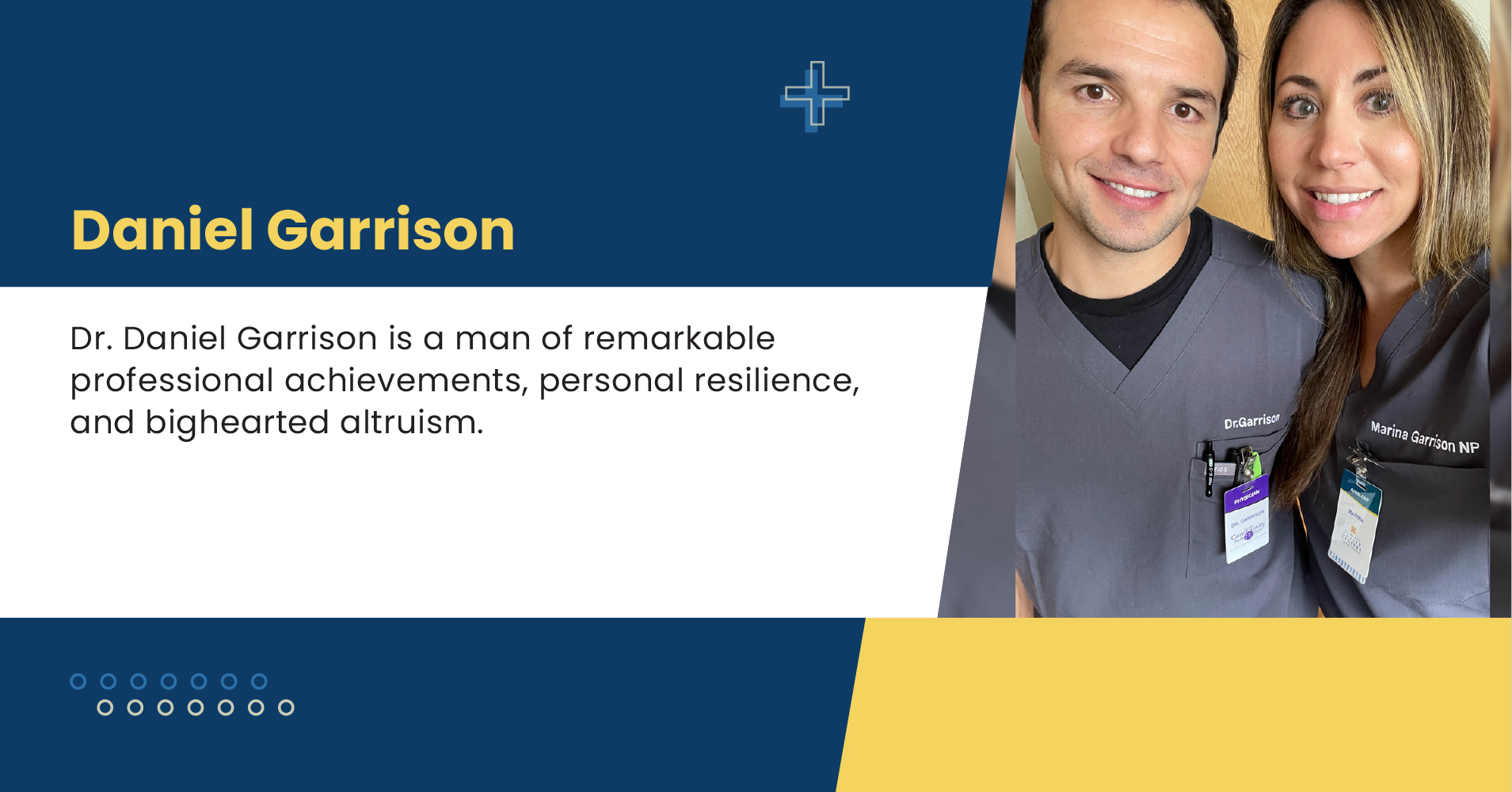
Patient empowerment is a cornerstone for fostering better outcomes and promoting overall well-being in healthcare. At the heart of this empowerment lies education, a potent tool that equips individuals with the knowledge and skills necessary to take charge of their health journey. In today’s rapidly evolving landscape of medicine and technology, the role of education in empowering patients about their health has never been more crucial.
Understanding the Landscape: The Need for Patient Empowerment
In traditional healthcare models, patients often find themselves passive, relying solely on healthcare providers for guidance and decision-making. However, this paradigm is shifting towards a more patient-centered approach, where individuals are encouraged to participate actively in their healthcare journey. Various factors drive this shift, including the rising prevalence of chronic diseases, the growing importance of preventive care, and advancements in medical technology.
Empowering patients to play an active role in managing their health leads to better health outcomes and promotes a sense of autonomy and control. Education catalyzes this empowerment, arming patients with the knowledge they need to make informed decisions, navigate complex healthcare systems, and advocate for their own needs.
Building Knowledge: The Foundation of Patient Empowerment
Education is the foundation for patient empowerment. By providing individuals with accurate and understandable information about their health conditions, treatment options, and self-care strategies, education empowers them to engage in their healthcare decisions actively. Whether it’s understanding the importance of medication adherence, adopting healthy lifestyle habits, or recognizing warning signs of potential health issues, informed patients are better equipped to take control of their well-being.
Moreover, education fosters health literacy—a critical skill that enables individuals to interpret and evaluate health information, communicate effectively with healthcare providers, and navigate the complexities of the healthcare system. In an era dominated by vast amounts of health-related information, strong health literacy skills are essential for making sound decisions and avoiding misinformation.
Promoting Engagement: Empowering Patients as Partners in Healthcare
Empowered patients are not merely passive recipients of healthcare services but active partners in their care. Through education, patients are empowered to engage in meaningful discussions with their healthcare providers, ask questions, and actively participate in shared decision-making processes. This collaborative approach to healthcare ensures that treatment plans align with patients’ preferences, values, and goals, ultimately leading to more personalized and effective care.
Furthermore, patient education extends beyond the confines of the clinical setting, reaching into communities and empowering individuals to take ownership of their health outside of traditional healthcare settings. Whether through public health campaigns, community workshops, or online resources, education is pivotal in promoting health awareness, prevention, and early intervention.
Challenges and Opportunities: Navigating the Path to Patient Empowerment
While education holds immense potential for empowering patients, several challenges must be addressed to realize its full impact. These challenges include disparities in access to healthcare information and resources, language and cultural barriers, and the prevalence of misinformation in the digital age. Addressing these challenges requires a multifaceted approach that involves leveraging technology, promoting health equity, and fostering collaboration between healthcare providers, educators, policymakers, and community organizations.
Despite these challenges, the landscape of patient empowerment is ripe with opportunities for innovation and improvement. From interactive patient portals and mobile health apps to community-based education initiatives and peer support networks, there are countless avenues through which education can be leveraged to empower patients and enhance their health outcomes.
The Imperative of Education in Empowering Patients
In an era where the empowerment of patients is increasingly recognized as a fundamental tenet of healthcare, education emerges as a powerful tool for equipping individuals with the knowledge, skills, and confidence to take control of their health. By fostering health literacy, promoting engagement, and addressing disparities, education lays the groundwork for a healthcare paradigm where patients are not just recipients of care but active participants in their well-being. As we continue to navigate the complexities of modern healthcare, investing in patient education remains essential for building a healthier, more empowered society.